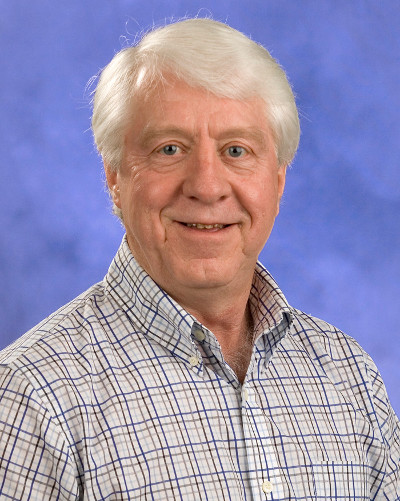
Douglas Bray has a BSc. from the University of Calgary and has been an employee of the University of Lethbridge since 1970. Following several years as a cell biology technician in the Department of Biological Sciences, he accepted an appointment as an Academic Assistant in the same department. In this position, he developed and taught two courses in his area of expertise, electron microscopy. One of these courses, transmission electron microscopy, was first offered in 1979 and continued until 2001. The second course, scanning electron microscopy began in 1991 and continued until 2001 as well. Although both courses were taught from a biological perspective they attracted students from all science departments. Both courses were unique as they were the only dedicated courses on these subjects in Canada, and they routinely drew students from outside of Lethbridge. In addition to the microscopy courses, Doug also instructed introductory cell biology labs from 1980 to 2001 and to this date has supervised over 80 independent and applied study students. He was a recipient of the Distinguished Teaching Award in the spring of 2001.
Throughout his 45 year career Doug has authored or co-authored 31 peer-reviewed publications as well as numerous abstracts, technical reports and book chapters. His commitment to research involves collaborations with scientists throughout the university from the science departments to multimedia.
In December 2001, he retired from his Academic Assistant position but continued his involvement with the university through contract employment with the Departments of Neuroscience and Biological Sciences. He was responsible for the maintenance of most of the microscopical equipment on campus and instructed numerous students, staff and faculty in the operation of light, confocal, 2-photon microscopy.
He will retire formally at the end of June, 2016 but will return intermittently to undertake projects involving electron microscopy and will continue to maintain the TEM and the TEM preparation lab until the department moves to the new Destination Building – projected for completion in the summer of 2018.